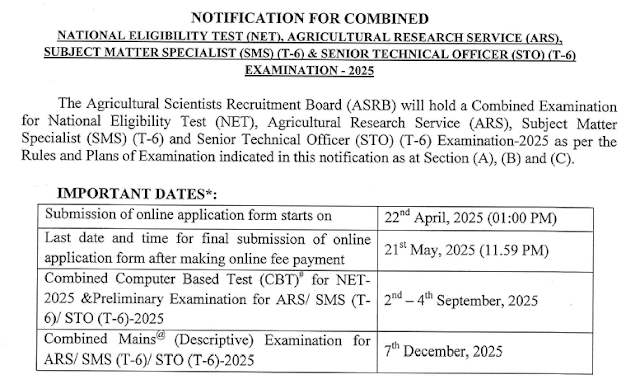How Traditional Knowledge is Revolutionizing Modern Medicine.
For centuries, traditional knowledge has guided human health and healing. From herbal remedies in Ayurveda and Traditional Chinese Medicine (TCM) to indigenous healing practices, these age-old systems continue to shape modern medicine in unexpected ways. Scientists are now blending traditional wisdom with cutting-edge research to develop groundbreaking medical treatments. But how exactly is traditional knowledge contributing to modern healthcare? Let’s explore!
1. Traditional Knowledge: The Root of Modern Medicine
- Aspirin was derived from willow bark, which ancient Greeks used for pain relief.
- Quinine, used to treat malaria, originates from the cinchona tree, long used by indigenous South Americans.
- Artemisinin, a potent anti-malarial drug, was discovered from Artemisia annua, a herb used in TCM.
- Yoga & Ayurveda – Now recognized for their benefits in managing stress, chronic diseases, and inflammation.
- Acupuncture – A key component of TCM, used for pain management and neurological disorders.
- Probiotics from Fermented Foods – Traditional knowledge of gut health is inspiring modern microbiome research.
- Turmeric (Curcuma longa) – A potent anti-inflammatory agent used in Ayurveda, now validated for arthritis and cancer prevention.
- Ginger & Garlic – Traditional immune boosters now shown to support heart health and digestion.
- Tulsi (Holy Basil) – Used in Ayurveda, now studied for its antimicrobial and stress-relieving properties.
2. From Ancient Wisdom to Modern Drug Development
- Vincristine & Vinblastine from Madagascar periwinkle – Used in chemotherapy for leukemia.
- Resveratrol from red grapes – Studied for anti-aging and heart health benefits.
- Neem (Azadirachta indica) – Traditionally used for skin diseases, now explored for antibacterial and antifungal treatments.
- Ashwagandha – Used for stress relief, now proven to reduce cortisol levels.
- Curcumin + Black Pepper – Combining them increases curcumin absorption by 2,000%, enhancing its medicinal benefits.
3. Traditional Knowledge Meets Biotechnology & Nanomedicine
- Nicotiana benthamiana (a tobacco plant) is being genetically engineered to produce vaccines and therapeutic proteins.
🧬 Nanotechnology & Herbal Medicine
- Curcumin Nanoparticles – Nano-formulated turmeric for targeted cancer therapy.
- Nano-Ashwagandha – Used for brain health and neurodegenerative diseases.
🦠 Microbiome Research & Probiotics
- Fermented foods like kimchi, kombucha, and sauerkraut have been part of traditional diets and are now inspiring gut microbiome therapies for autoimmune diseases.
4. Traditional Medicine for Sustainable & Affordable Healthcare
- Shatavari (Asparagus racemosus) – Now grown using eco-friendly farming methods.
- Neem, Tulsi, and Amla-based remedies are widely used in community healthcare programs.
5. The Future of Traditional Medicine in Modern Healthcare
Conclusion: The Power of Tradition & Innovation
Traditional knowledge is a treasure trove of medical wisdom, guiding modern scientists toward natural, sustainable, and effective healthcare solutions. As we bridge ancient healing practices with advanced research, we open new doors to treating diseases and improving global health.
By embracing the best of both worlds, we can create a future where traditional medicine and modern science work hand in hand to heal humanity.
✨ What are your thoughts on integrating traditional medicine with modern healthcare? Drop your insights in the comments! ✨



Comments